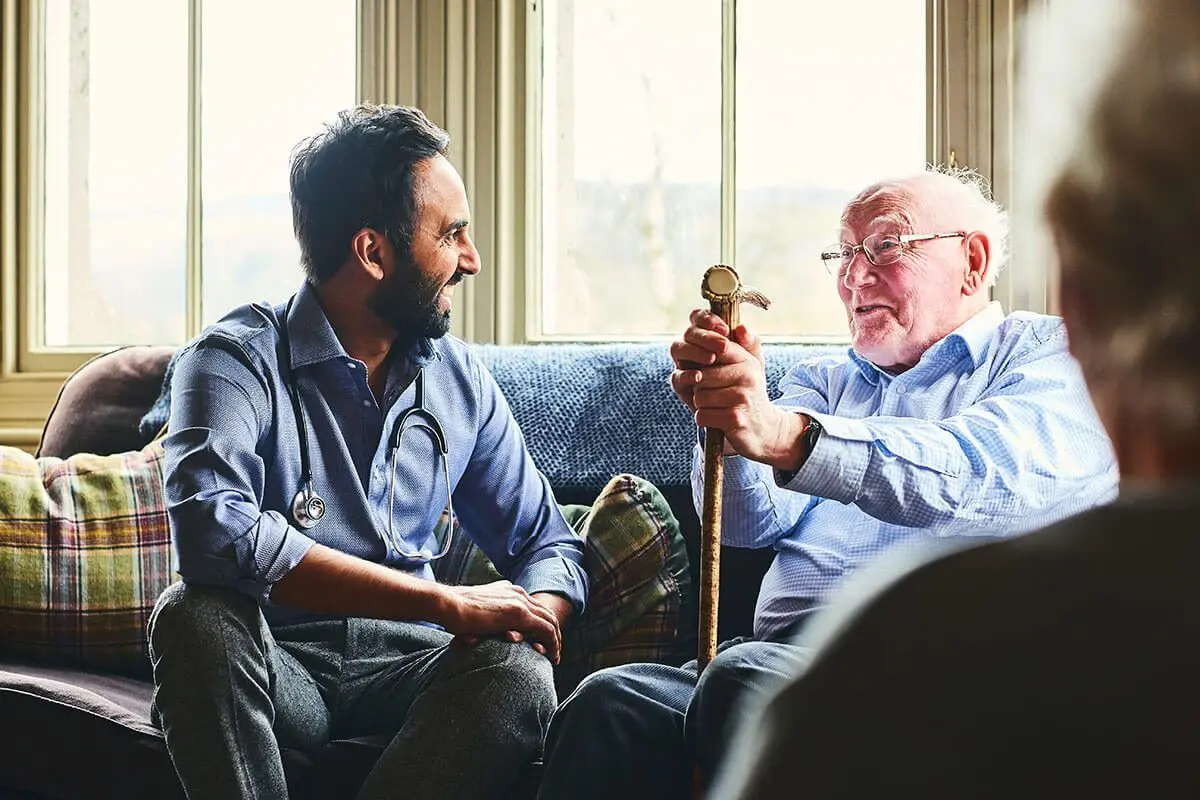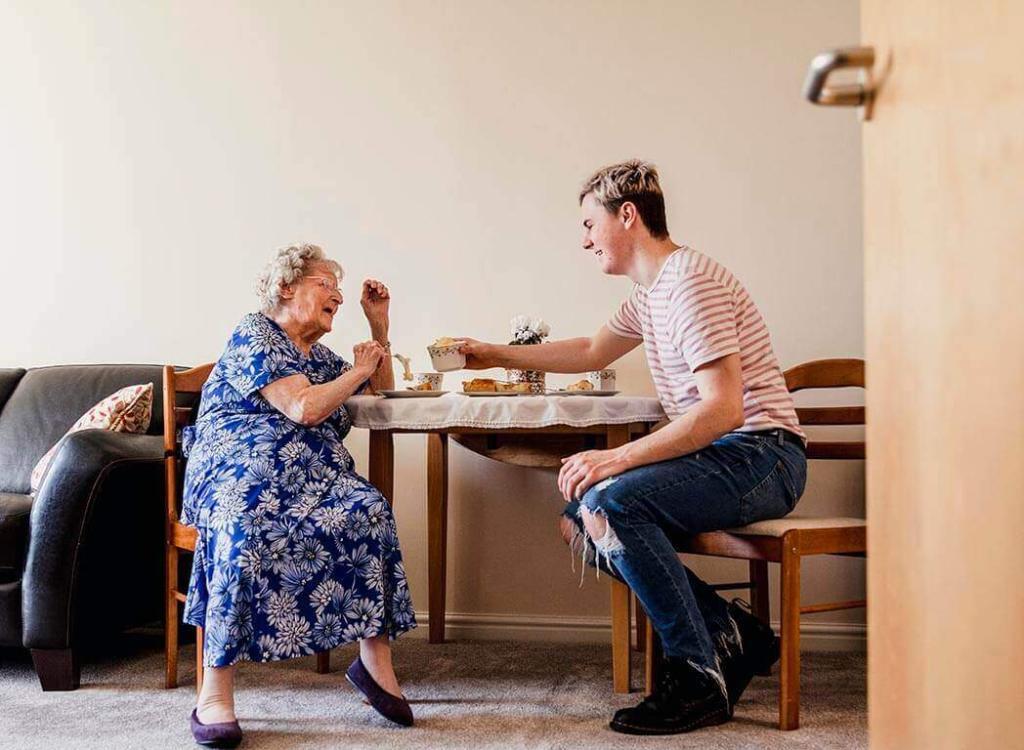Delivering care in Australia
Innovative approaches to social care are needed to ensure Australians can access care suited to their circumstances

Why is a new approach needed?
In 2019, the interim report of the Royal Commission into Aged Care Quality and Safety stated that “we have uncovered an aged care system characterised by an absence of innovation and rigid conformity. The system lacks transparency in communication, reporting and accountability. It is not built around the people it is supposed to help and support, but around funding mechanisms, processes and procedures”.
The findings showed systemic failures in regional, rural and remote Australia and among vulnerable groups including Indigenous Australians and young people in nursing homes. The need to grow a skilled care workforce in well-paid and decent jobs that attract and retain current and future workers was another important finding.
In response to the Royal Commission, the Business Council of Co-operatives and Mutuals (BCCM) published Action to Empower: Why Australia needs more co-operative and mutual enterprises in health, community and social services. The report focused on the potential contribution of co-ops and mutuals to aged care and disability services, informed by evidence that increasing the diversity of ownership models increases opportunities for place-based approaches to care delivery that respond to the needs of people who need care and the people providing care. Research also shows that co-ops and mutuals are more likely to form where there are co-op friendly business support programs.
Compared to other countries, Australia has fewer co-operatives and mutuals in social care. However, there are examples of successful social care co-operatives and mutuals emerging, providing a basis for growing the presence and impact of member-owned enterprises in social care. There are also more opportunities for workers to be motivated and empowered in the workplace through employee ownership creating incentives for them to be personally invested in the success of the enterprise.
“We need co-design, support at home, and policy settings that allow innovative models to be viable investments.”
– The Hon Anika Wells MP, Minister for Aged Care, National Press Club address, 7 June 2023

Why Australia needs innovation in business models for service delivery
Current models of care are no longer serving the best interests of carers and the people they care for, which results in poor outcomes. For example, beyond its long-term future, residential aged care is facing an immediate financial crisis, with government figures showing 66 per cent of private non-profit and for-profit providers are operating at a loss, with average losses at $28 per bed per day.
How can social care co-ops and mutuals help?
Social care co-operatives and mutuals deliver social care through co-operative or mutual structures. This means that members of the organisations, who can be the consumers, the carers, the community or any combination of these, are involved in decision-making and benefit from its activities, including through the reinvestment of trading surplus.
Social care co-operatives and mutuals operate in aged care and disability services, community health, First Nations services and social housing. Co-operative and mutual structures can increase diversity and choice in health, community and social services with positive outcomes for accountability, innovation, quality and productivity.
Find out the benefits of social care co-operatives and mutuals, when are social care co-operatives and mutuals the right models and the types of social care mutuals.
“We have already heard the next generation of people entering aged care are going to want a different model and standard of care than those before them.”
– The Hon Anika Wells MP, Minister for Aged Care, National Press Club address, 7 June 2023


Are you working on a community-led care solution where you live?
Explore the potential of co-operative and mutual structures to enhance diversity and choice in health, community and social services.

